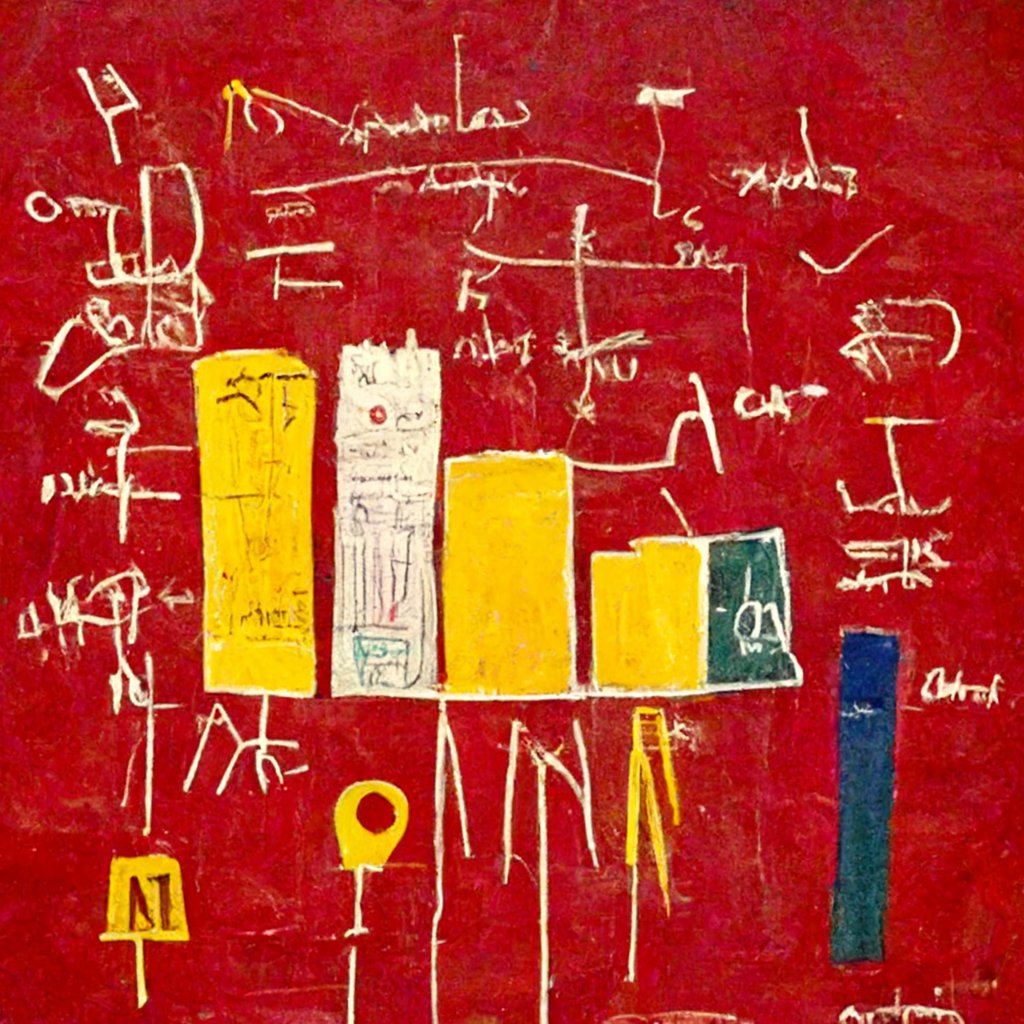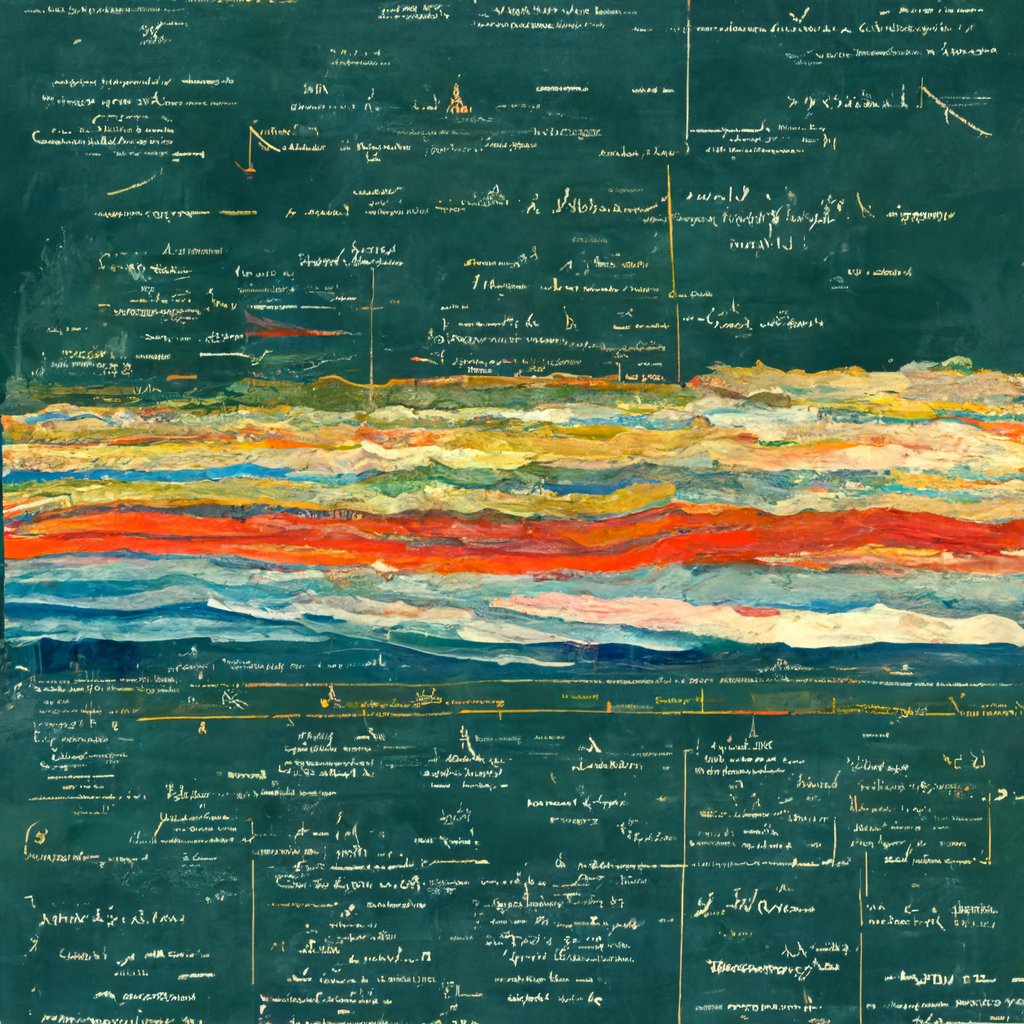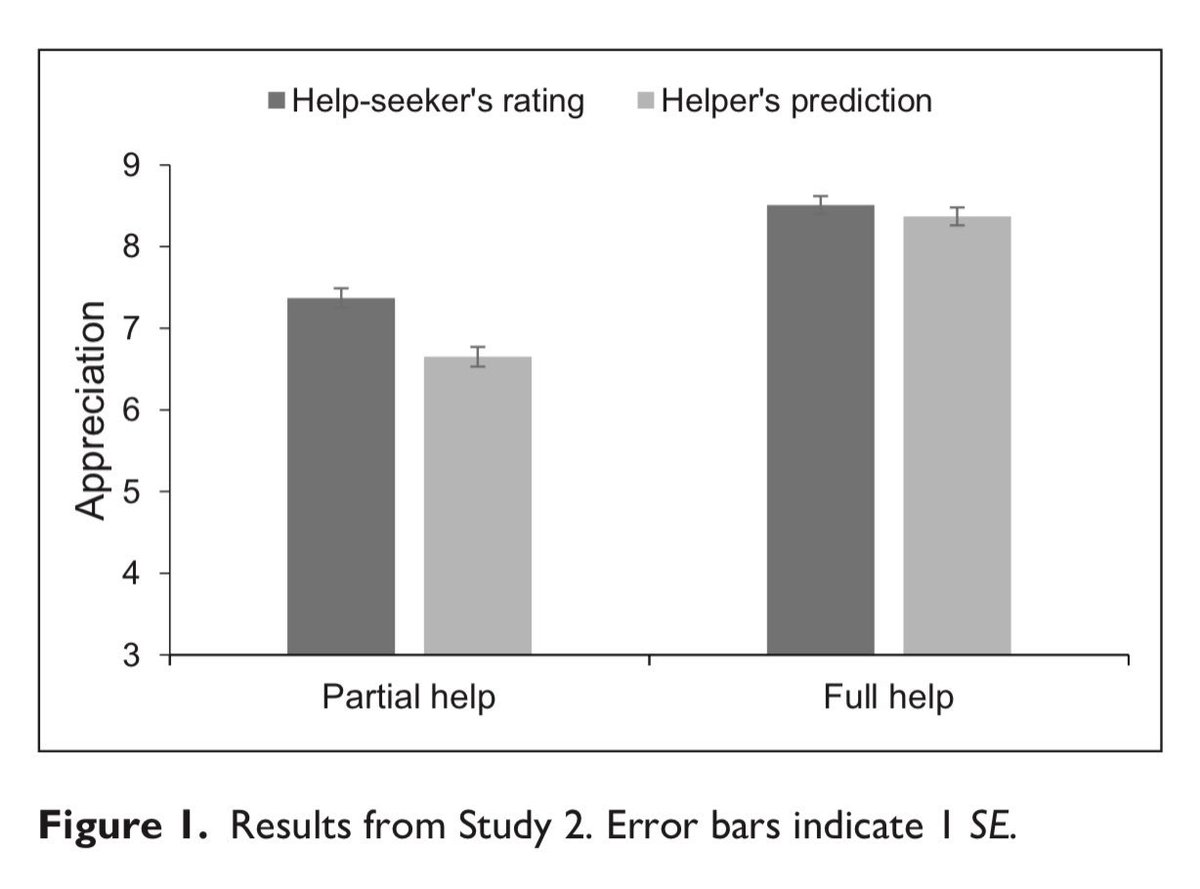
Three dangers of trying to learn lessons from ultra-successful people:
The first is survivorship bias. The press generally covers successes, not failures. We draw biased conclusions from only looking at winners, but not seeing the losers. It happens even when we know better! 1/3
The first is survivorship bias. The press generally covers successes, not failures. We draw biased conclusions from only looking at winners, but not seeing the losers. It happens even when we know better! 1/3
https://twitter.com/emollick/status/1553737965045686273
Second is "superstitious learning,” where we learn the wrong things. When lessons aren’t clear, or the market is changing, people tend to copy visible aspects of successful folks (eg requiring memos before meetings, like Amazon does), but those are not the reason for success. 2/3 

Third, even if you are getting accurate stories of why someone succeeded, we actually have trouble learning from successes. It is hard to apply the lessons from the stories of people who won to our own situation. Instead, we often learn more from stories of other’s failure! 3/3 



A fourth terrific reason to avoid trying to learn too much from the ultra-successful
https://twitter.com/andre_spicer/status/1554854680819531776
And, of course, the fifth reason: even if something worked for a particular person in a particular circumstance at a particular time, it may not generalize or be robust to other circumstances.
https://twitter.com/emollick/status/1550086191319584768
• • •
Missing some Tweet in this thread? You can try to
force a refresh


































